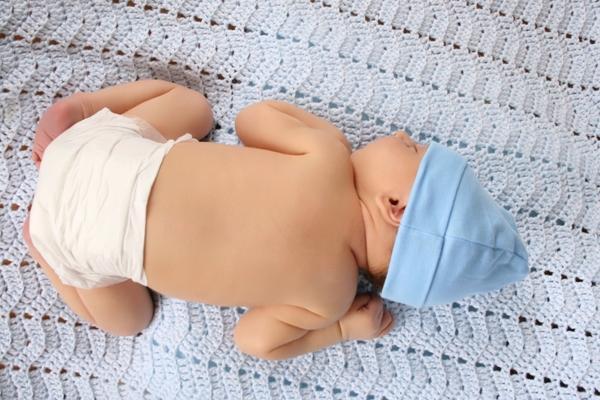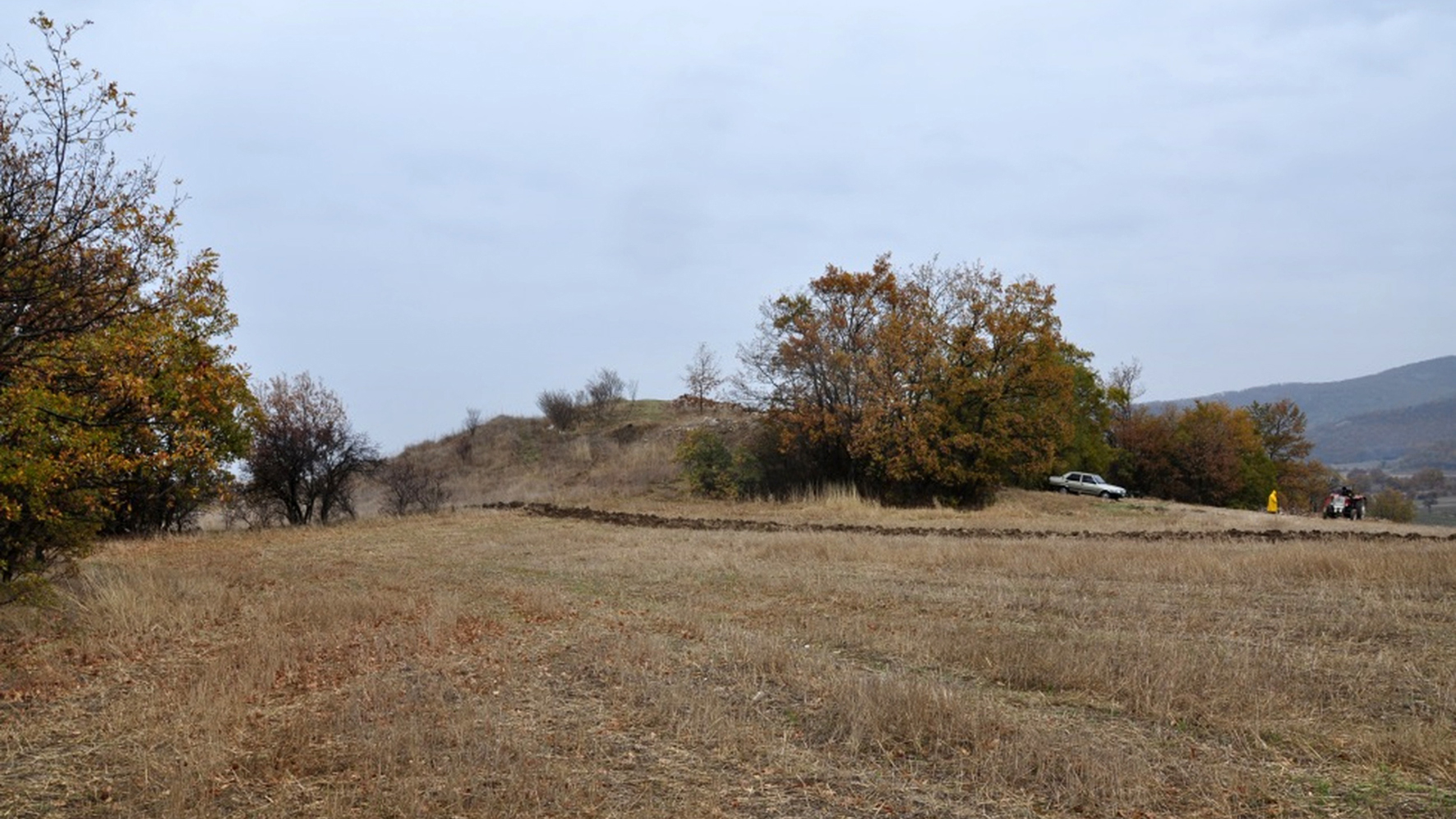Midwives Make Home Births Safer for Babies

Babies born at home are at increased risk for health problems immediately after birth compared with babies born in hospitals, according to a new study.
However, a certified midwife may make a difference in the health of babies born at home, the study found.
In the study, babies born at home were more likely to have a neonatal seizure and low Apgar scores at five minutes after birth. Apgar scores assess the health of newborns based on the baby's breathing, heart rate, muscle tone, reflexes and skin color, with low scores indicating the baby needs medical attention.
But when a certified midwife was present, it seems babies born at home may fare as well as those born in hospitals, said study researcher Dr. Yvonne Cheng, an obstetrician and gynecologist at the University of California, San Francisco.
"It's not just about where you deliver, but perhaps who you deliver with," Cheng said.
Home births are known to be associated with fewer obstetric interventions — that is, women in labor at home receive fewer epidurals and less pain medication.
Women must weigh the benefits of home births against the risks to make an informed decision about where to give birth, Cheng said.
Get the world’s most fascinating discoveries delivered straight to your inbox.
"It's a trade-off," Cheng said. "I think that women should be aware that there may be some risks associated with home birth," Cheng told MyHealthNewsDaily.
The findings are based on an analysis of more than 2 million births in the United States in 2008. Of these, 12,433 (or 0.54 percent) were home births.
Babies born at home may be at increased risk for health problems because monitoring may not be as rigorous, compared with at a hospital, and any problems the baby has may not receive medical attention as quickly, Cheng said.
Women planning to give birth at home should know what kind of training and experience the person who is going to deliver the baby has, and should have a back-up plan — a way to quickly get to the hospital if they need to, Cheng said.
The findings were presented today (Feb. 10) at the Society for Maternal-Fetal Medicine's annual meeting in Dallas, Texas.
Pass it on: Home births are associated with an increased risk of neonatal seizures and lower scores on tests of health immediately after birth.
This story was provided by MyHealthNewsDaily, a sister site to LiveScience. Follow MyHealthNewsDaily staff writer Rachael Rettner on Twitter @RachaelRettner. Find us on Facebook.

Rachael is a Live Science contributor, and was a former channel editor and senior writer for Live Science between 2010 and 2022. She has a master's degree in journalism from New York University's Science, Health and Environmental Reporting Program. She also holds a B.S. in molecular biology and an M.S. in biology from the University of California, San Diego. Her work has appeared in Scienceline, The Washington Post and Scientific American.
 Live Science Plus
Live Science Plus





